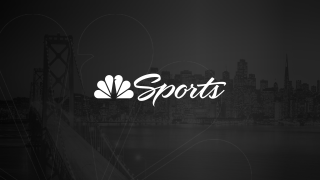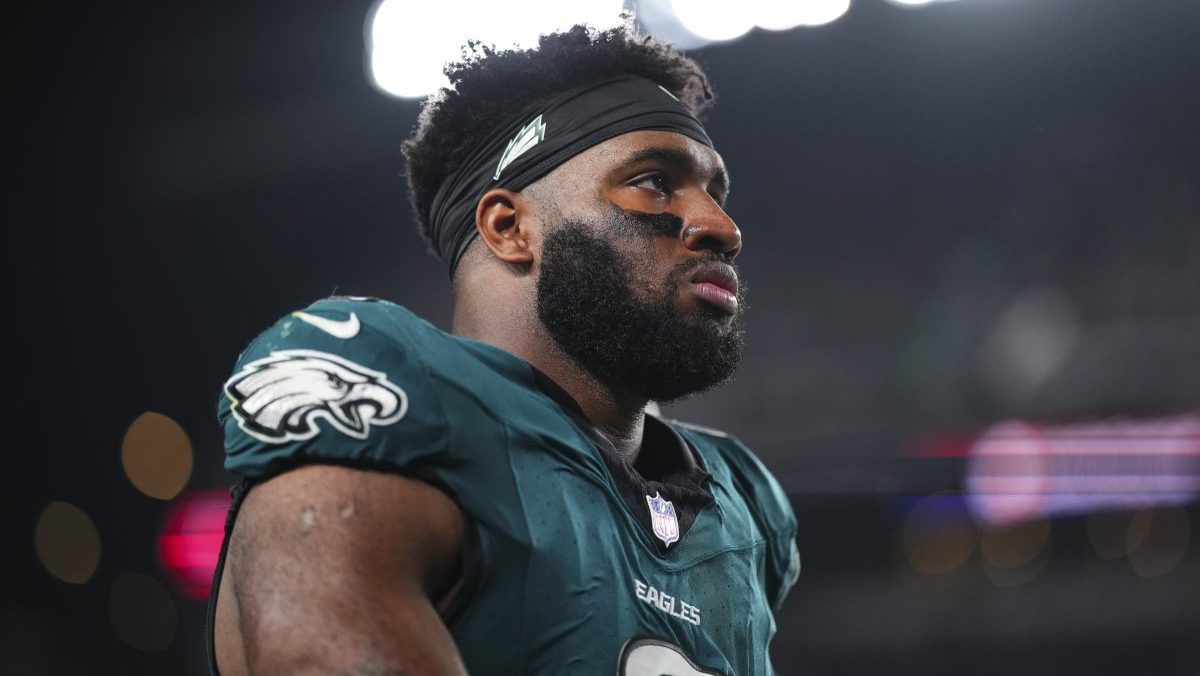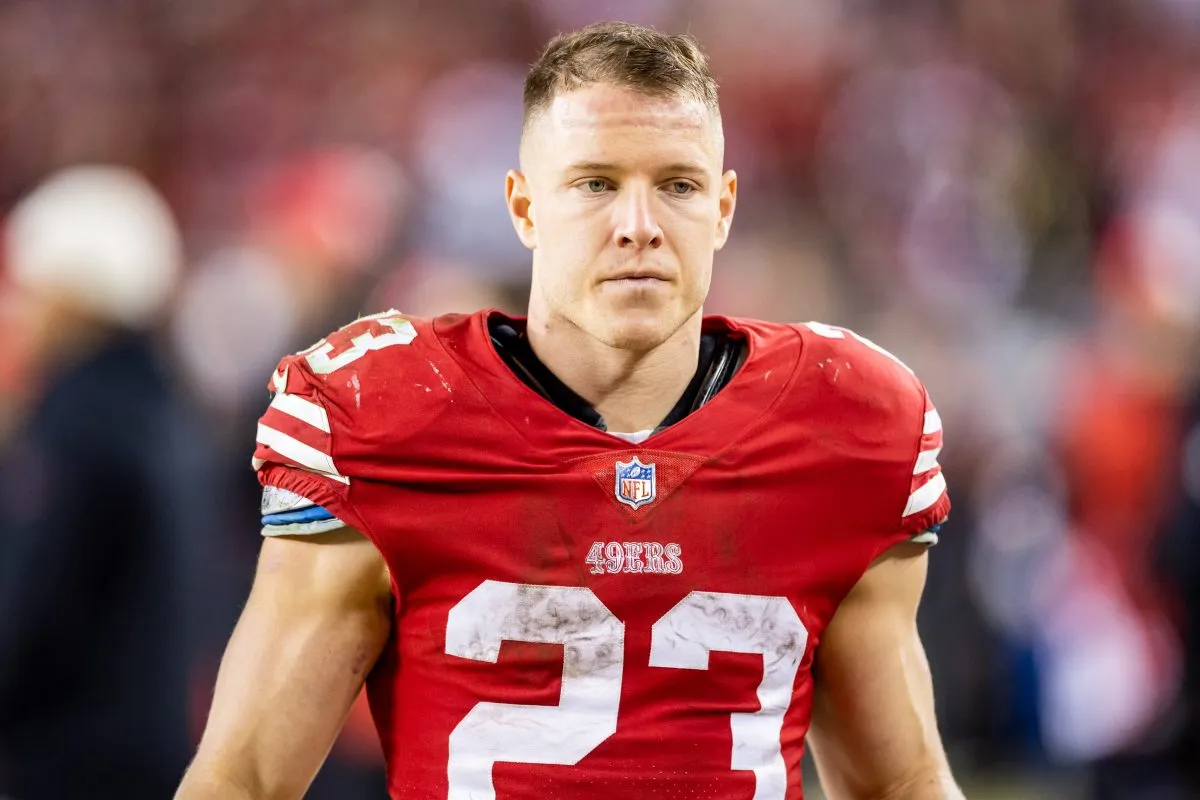
The NFL issued a rule change Tuesday, and New Orleans Saints fans likely are pleased about it.
(Actually, they're probably still quite pissed.)
NFL owners approved a change for at least the 2019 season that will make pass interference -- both offensive and defensive -- a reviewable play. Additionally, coaches will be able to challenge non-calls for pass interference.
With our All Access Daily newsletter, stay in the game with the latest updates on your beloved Bay Area and California sports teams!
The proposed change had significant momentum as a result of the blatant missed pass interference call during the final minutes of the fourth quarter of the NFC Championship Game that should have given the Saints a first-and-goal opportunity and a chance to go up a touchdown with under two minutes remaining.
Instead, the call was missed, the Saints were forced to kick a field goal, the Los Angeles Rams tied it with 15 seconds remaining in regulation and eventually won in overtime to clinch a trip to Super Bowl LIII. The Saints and the rest of the football world were left wondering how such an obvious penalty could have gone uncalled.
Thus, the rule change. It won't take the sting out of that painful memory for Saints fans, but it will hopefully ensure that such an egregious mistake on the part of the officials doesn't happen again, particularly in such an important moment.
San Francisco 49ers
Find the latest San Francisco 49ers news, highlights, analysis and more with NBC Sports Bay Area and California.
Which brings us to the 49ers. No, a missed pass interference call was not the difference between them making the Super Bowl or not last season. But just like every NFL team, they have both benefitted and been victimized by improperly ruled pass interference calls practically every time they've taken the field.
Some of those instances, however, stick out more than others.
[RELATED: Shanahan: Jimmy G looks good, has added weight in rehab]
Here's a look at some memorable plays (in chronological order) from 49ers history that might have turned out differently under the new rule change:
1983 NFC Championship Game
The 49ers were this close to going to the Super Bowl. Then the officials got in the way.
San Francisco led 21-17 over the Redskins late in the fourth quarter, but Washington had the ball at the 49ers' 45-yard-line. Quarterback Joe Theismann launched a deep pass to receiver Art Monk, but 49ers cornerback Eric Wright was in his back pocket. When Monk attempted to catch the ball, Wright did make contact with him, but the ball was so overthrown that it should have been ruled uncatchable.
"It was a ball a 10-foot tall Boston Celtic couldn't catch, let alone a receiver," 49ers coach Bill Walsh complained after the game.
Instead, Wright was called for a pass interference penalty, placing the ball at San Francisco's 18-yard line. That was soon followed by a questionable-at-best holding call on safety Ronnie Lott, setting up Washington kicker Mark Moseley -- who had already missed four kicks on the day -- for a game-winning 25-yard field goal.
Moseley's kick was good, sending Washington to Super Bowl XVII.
2002 NFC Wild Card Game
One of the crazier games in 49ers history came down to the final seconds, and in this case, San Francisco certainly benefitted from a missed pass interference call that could have changed the outcome.
With the 49ers leading 39-38 in the final seconds, the New York Giants botched the snap on a potential game-winning 41-yard field goal attempt. Placeholder Matt Allen gathered the ball, rolled right and hoisted a dead bird towards San Francisco's end zone in desperation. Giants lineman Rich Seubert -- who had correctly reported as an eligible receiver -- appeared to be open.
Then 49ers defensive lineman Chike Okeafor hauled Seubert to the ground while the pass was still in the air. Penalty flags were thrown -- but not on Okeafor. Instead, they had ruled another Giants linemen an ineligible receiver. Had Okeafor also been called for a penalty, those would have offset, and the Giants would have had another shot at a field goal.
Instead, the 49ers declined the ineligible receiver penalty, and the game was over. San Francisco then advanced to the NFC Divisional Round, where they were defeated by the eventual Super Bowl Champion Tampa Bay Buccaneers.
Days after the Wild Card game, the NFL declared that the officials had missed the pass interference call on Okeafor.
Super Bowl XLVII
The last time the 49ers were in the Super Bowl seems particularly relevant to the new rule change.
San Francisco trailed Baltimore 34-29 with 4:19 left in regulation, but marched to the Ravens' 7-yard line on a 33-yard scamper by running back Frank Gore, giving the 49ers a first-and-goal with a chance to take the lead with a touchdown.
On first down, running back LaMichael James rushed for two yards, pushing the ball to Baltimore's 5-yard line. Then, on second and third down, quarterback Colin Kaepernick threw two incomplete passes intended for receiver Michael Crabtree, setting up fourth-and-goal.
Kaepernick went back to the same well on fourth down, but the pass intended for Crabtree in the right corner of the end zone fell incomplete once again, but not without some significant contact from Ravens cornerback Jimmy Smith.
"There's no question in my mind that it was a pass interference, and then a hold on Crabtree on the last one," 49ers coach Jim Harbaugh said following the game.
The officials saw it differently and ruled Smith's contact incidental. The 49ers turned the ball over on downs and never got it back, as the Ravens came away with a controversial Super Bowl victory.
49ers vs. Rams, Week 3, 2017
Controversial pass interference rulings happen during the regular season, too, and 49ers receiver Trent Taylor knows that quite well.
Trailing 41-39 to the rival Rams in the fourth quarter, the 49ers recovered an onside kick, giving them a chance to notch their first victory of the young season. The 49ers gained zero yards on the first two plays leading into the two-minute warning, but on third down, 49ers quarterback Brian Hoyer found Taylor on an 11-yard out pattern along the left sideline. Taylor secured the catch, appearing to set the 49ers up with a chance for a game-winning field goal.
The officials, however, threw a flag on Taylor -- all 5-foot-8 and 180 pounds of him -- for offensive pass interference, ruling he pushed off of Rams cornerback Nickell Robey-Coleman on his way to making the catch.
https://twitter.com/HeartofNFL/status/911218702674284544
The contact was minimal at best -- the kind that happens on every single passing play -- and one has to wonder if it would have been overturned under the new rules.
The penalty moved the 49ers back to the Rams' 40-yard-line, facing a third-and-10. Hoyer then threw an incomplete pass before being sacked by Rams defensive tackle Aaron Donald on fourth down, clinching the victory for Los Angeles.
The 49ers wouldn't get their first win until Week 10.




